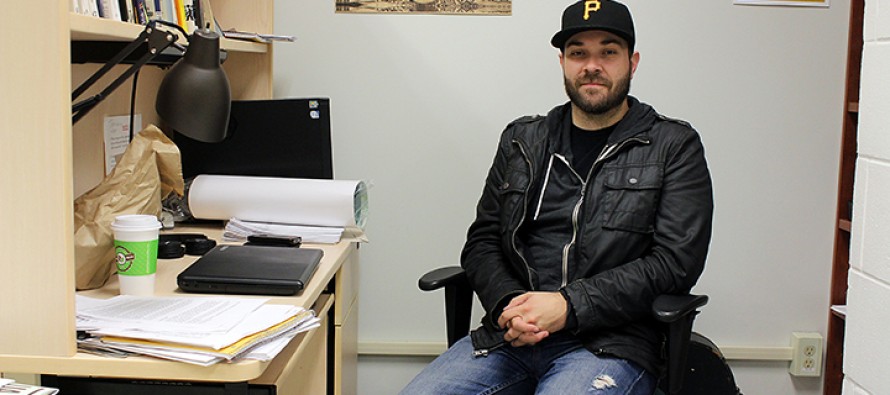Politicians, students, and debt

By Ashley Ann Mentley
Students carrying large amounts of school-related debt are hoping the newly elected Prime Minister follows through on his promises to improve the student loan system.
In September 2010, the total amount of student loans owed to the Canadian government reached $15 billion. As the Canadian Federation of Students point out, however, this number only includes federal loans. It does not account for all provincial/territorial student loans, personal loans, lines of credit and education-related credit card debt.
Local resident Angelica Haggert, who currently has over $40,000 of student debt, has been approved for “affordable monthly payments” of $70.
“My monthly payments should be $450,” she said. But at the rate of $70 per month, “That’s a long time to be paying back loans.”
Haggert had to appeal to OSAP almost every year in order to get enough money. She said she is now struggling to afford rent, car and living costs. Her partner has over $50,000 in student debt, no current income and is still in school. She said her decision to vote Liberal in the recent election was affected by the stance of the parties on student loans.
“Things like increasing the income thresholds and grant amounts would be amazing if they actually pan out,” she said.
As part of their platform, the newly elected Liberal Party said they will increase the payback threshold to $25,000 and increase the amount of federal and provincial grants, which do not need to be paid back.
Travis Reitsma, a PhD candidate in sociology at the University of Windsor, considers himself a conscientious non-voter and points out that many of the student loans come from the provincial level, not federal.
Reitsma has approximately $100,000 in student debt and doesn’t think he will every fully pay it off. He said he is expecting there to be a change in government policy that wipes a lot of it away, like what has been done for banks and the auto industry and that it is necessary for this to happen.
“When our parents start dying off and our generation can’t buy houses because we’re paying off student loans, the 2008 recession will look like nothing….Why can’t we bail out young people so maybe they can live in this economy,” said Reitsma.
While not every student graduates with debt, the average amount of individual student debt in Canada is approximately $25,000, according to an annual survey at Simon Fraser University.
In Ontario and several other provinces, the federal and provincial governments work together to provide an integrated student loan program, meaning that the money seemingly comes from one source. Unless a student qualifies for repayment assistance, payments are required to begin six months after graduation. Interest on the Canadian portion, as opposed to the Ontario portion, begins accumulating immediately. If payments are not made for a period of nine months, the loan will be transferred to the Canadian Revenue Agency for collection.
Ashley Arquette, 26, had a one-year-old son when she decided to go back to school and apply for student loans. Because she had a dependant, she was allotted the maximum amount, which was over $20,000 per year. She said she thinks the student loan system is effective.
“I could be a full-time mom and a full-time student without having to work,” she said.
Arquette was sick on election day, but had planned to vote NDP because of their views on education. She said money was tight while she was in school but the student loan system taught her how to budget her family’s money.
Haggert said she considers herself blessed to have a government student loan system because she could not have qualified for any other type of loan, but that constantly worrying about loans was a hindrance to her.
Reitsma has had to work at a full-time job during his schooling, many times getting paid under the table.
“Any time financial problems come into your education, it’s going to take time away from learning,” he said.
He also said he believes the student loan system is criminal and deliberately marginalizes people.
“Those banks and loan systems really should be put in jail for what they’re doing.”



